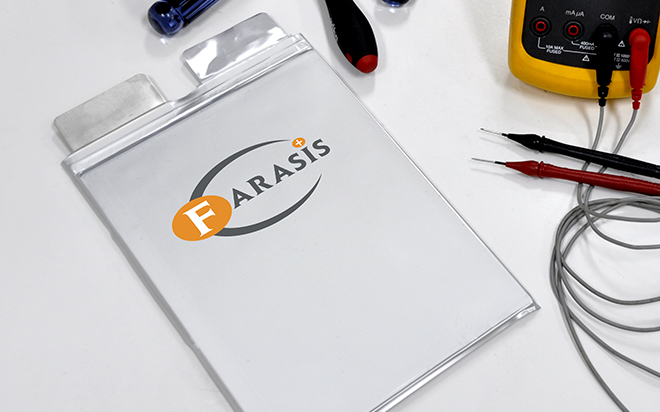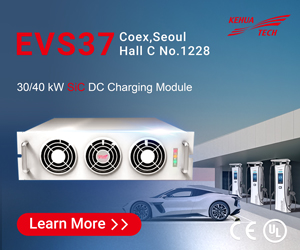Farasis Energy has introduced a new lithium-ion battery cell that it says provides increased energy density, greater power, improved cooling technology and longer service life.
The new 32 Ah pouch cell offers 10% more energy density and capacity compared to previous Farasis designs, and is capable of continuous discharge at a 4C rate with a peak of 10C.
“This new design provides a balance between power and energy density not found in other batteries,” says Farasis VP Thanh Nguyen. “With many solutions on the market, OEMs make a decision to sacrifice one or the other while building the design around the cell. With the new cell technology from Farasis Energy, they can achieve the best of both worlds – that strong ‘off-the-line’ power and the extended range afforded by greater energy density.”
The new cell technology does not require a complex cooling system and, in some applications, no cooling at all. This helps OEMs incorporate Farasis technology with simple cooling technologies that help minimize the overall footprint, weight and infrastructure of the battery pack.
“In a recent application, we improved overall capacity by almost 20 percent and reduced the footprint by 25 percent,” says Nguyen. “Users can deliver the same performance in a smaller footprint, or greater performance in a comparable footprint.”
Farasis has also introduced a new Li-ion battery line for commercial Unmanned Aerial Vehicle (UAV) applications.
“Many UAV batteries on the market today are prone to failure, as well as short runtimes and service life due to poor energy density and construction,” says Thanh Nguyen. “The new Farasis lithium-ion pack increases uptime and productivity, and ultimately reduces lifetime ownership and operating costs thanks to aggressive technology and quality heavily influenced by the demands found within the electric automotive industry.”
Source: Farasis Energy




















































